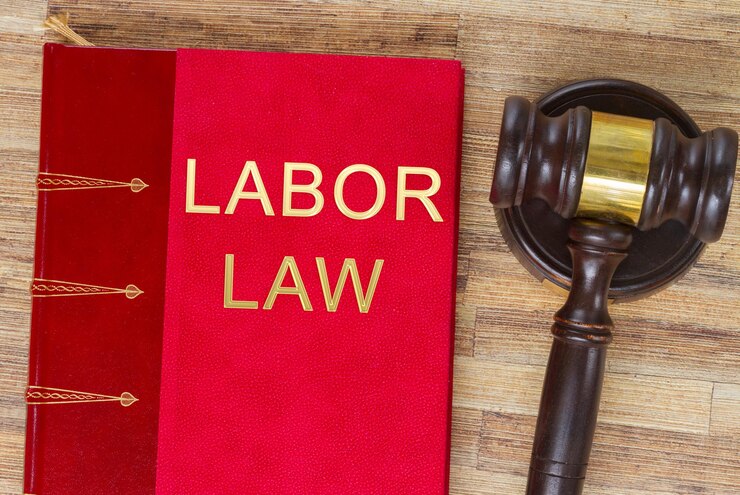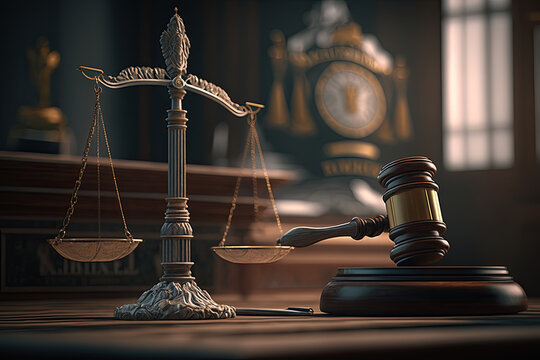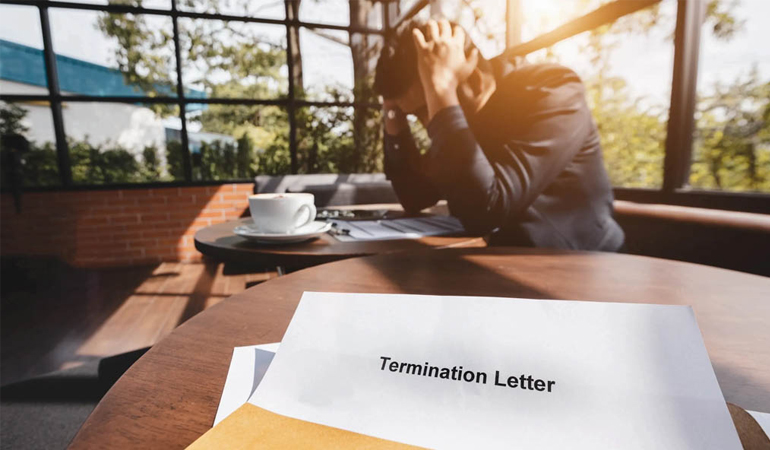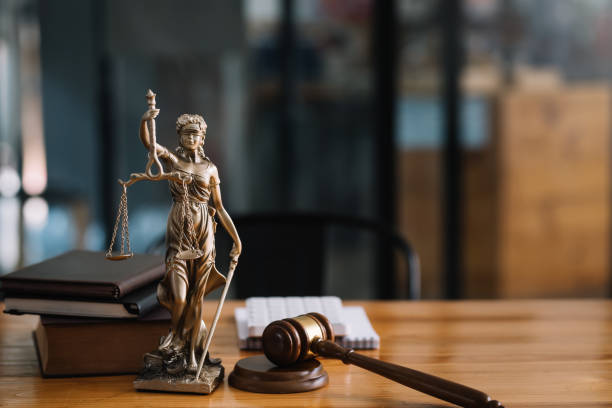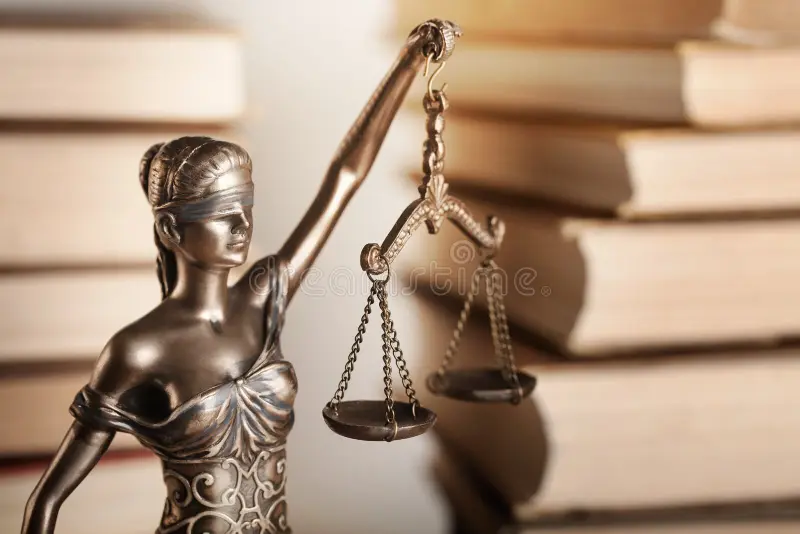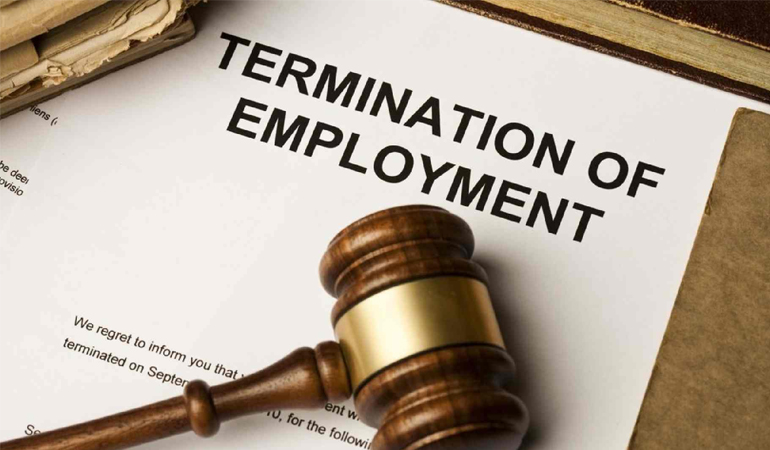Civil & Criminal Cases in UAE
OVERVIEW OF CIVIL CASES IN UAE
Civil cases in the UAE involve legal disagreements between two or more parties and exclude criminal charges. Governed by Federal Law No. (11) of 1992, known as the Civil Procedure Law, these cases encompass various issues such as contract disputes, property conflicts, debt collection, personal injury claims, and family law matters like divorce and child custody. Upon filing a civil case, initial mediation attempts involve a neutral third party facilitating a potential out-of-court settlement. If mediation proves unsuccessful, the case proceeds to trial, where the court assesses evidence and arguments from both sides to make a decision based on presented facts. In civil cases, the burden of proof is generally lower compared to criminal cases. The plaintiff, or the party initiating the case, only needs to prove their case by a preponderance of the evidence, indicating that it's more likely than not that their account of events is accurate. In contrast, criminal cases demand a higher burden of proof, requiring evidence beyond a reasonable doubt. Crucially, the UAE operates under a civil law system, meaning that court decisions rely on written law rather than precedent. This makes predicting case outcomes challenging, as there is no assurance that the court will adhere to prior decisions in similar cases.
OVERVIEW OF CRIMINAL CASES IN UAE
Criminal cases in the UAE are treated with utmost seriousness, following a well-defined legal process based on Sharia law and the UAE Penal Code. Differing significantly from other countries, understanding this unique legal process is crucial if one becomes entangled in a criminal case. The UAE's criminal law system categorizes cases into misdemeanors and felonies, with misdemeanors covering less severe offenses like traffic violations and felonies encompassing more serious crimes such as theft, murder, and drug trafficking. The legal procedures for each category vary. Typically, the process for a criminal case in the UAE involves reporting the crime to the police, followed by a police investigation. Subsequently, the case is referred to the Public Prosecution, leading to a pre-trial hearing and, if necessary, a trial and potential appeal. During the investigation phase, the police collect evidence and interview witnesses, and the Public Prosecution reviews the evidence to determine whether the case should proceed to trial, presided over by a judge. It's crucial to recognize that the UAE's criminal law system imposes strict penalties, including imprisonment, fines, and deportation for non-citizens.
Criminal and civil cases differ in several ways, including their objectives, the types of remedies available, and the nature of the proceedings.
Contributions to Criminal and Civil Cases
Criminal Cases: These involve allegations of criminal activity, such as theft, assault, or fraud. The state or government prosecutes these cases, aiming to punish the accused for their actions. The primary goal is to ensure justice and maintain public safety.
Civil Cases: These are disputes between private parties, such as individuals or businesses, over issues like contract disputes, property damage, or personal injury. The plaintiff (the party bringing the case) seeks compensation for their loss or harm.
Criminal Cases Examples: Theft, assault, fraud, and murder.
Civil Cases Examples: Contract disputes, personal injury claims, property damage lawsuits, and defamation cases.
Remedies in Criminal and Civil Cases
• Criminal Cases: The remedy is primarily penal, involving imprisonment, fines, or both, depending on the severity of the crime and the legal jurisdiction.
• Civil Cases: The remedy is monetary, with the plaintiff seeking compensation for their loss or harm. This could include damages, restitution, or specific performance.
Court Proceedings and Recovery of Lost Items in Theft
Cases in the UAE In the UAE, the proceedings for a theft case would involve the police investigating the crime, followed by a court trial where the accused is tried and possibly sentenced. The victim can potentially recover their lost items through legal means, such as filing a civil claim against the thief for compensation. However, the recovery of physical items might be more complex and could depend on the specifics of the case, such as whether the items can be traced or if the thief has sold them
For more understanding of the Laws or clarity for your enquiries, please feel free to get In touch with SALC Team.






